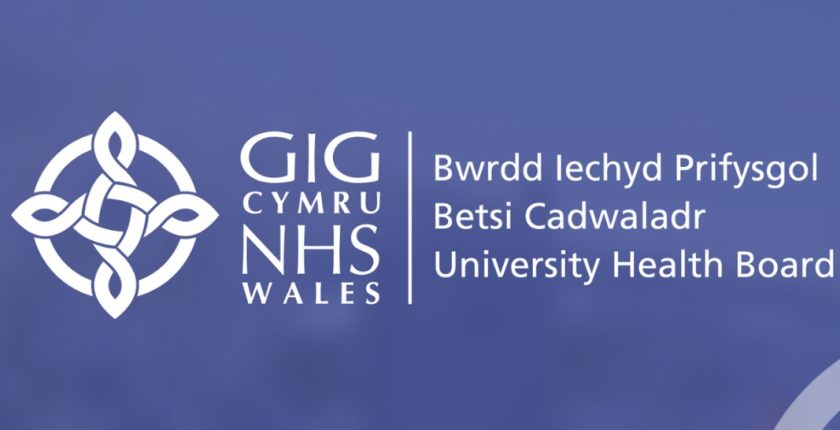Patient’s death “may have been prevented had appropriate treatment been given” by health board

The death of patient might have been prevented had appropriate treatment been given by Betsi Cadwaladr University Health Board.
That is the key finding of a new public interest report released by the Public Services Ombudsman for Wales today.
Its release comes following an investigation launched after Mrs L complained about the care and treatment her late mother, Mrs K, received from Betsi Cadwaladr University Health Board between January 2021 and her death on 31 January 2022 from biliary sepsis – a serious infection of the bile ducts.
The complaint
Mrs K had pancreatitis (inflammation of the pancreas) in January 2021.
An ultrasound scan was undertaken, however the Ombudsman found that the scan was inadequate as Mrs K’s bile duct was not visible, so it could not be seen whether gallstones were present.
The Ombudsman found that given Mrs K’s clinical history the most likely cause for pancreatitis was gallstones, but the Health Board had concluded it was steroid induced pancreatitis despite the scan being unclear.
The failure to identify Mrs K’s gallstones in January 2021 meant her condition remained untreated, the public interest report states.
In August of the same year, Mrs K developed other symptoms.
Scans undertaken in the autumn showed evidence of a blocked bile duct which required surgery in November.
The Ombudsman found that she should have been treated sooner and these were further missed opportunities by the Health Board to identify the seriousness of Mrs K’s condition.
The surgery did not fully resolve Mrs K’s condition, and she sadly died in January 2022.
The Public Services Ombudsman for Wales’ findings
The Public Services Ombudsman for Wales has concluded that, had Mrs K been treated appropriately at the outset by Betsi Cadwaladr University Health Board, her acute pancreatitis would have been treated successfully and on balance, her deterioration and death might have been prevented.
The Ombudsman also found little to no evidence that the seriousness of Mrs K’s condition was appropriately communicated in October to her and her family either before or after treatment.
The Ombudsman also found that the Health Board’s response to the complaint lacked candour and there had been a further lack of objective reflection during the Ombudsman’s investigation when the Health Board had sight of the Ombudsman’s Clinical Advice.
The Ombudsman found that although the surgery in November was carried out too late for Mrs K, the procedure was performed to the required standard.
A further procedure was scheduled for 8 weeks’ time, and this was a reasonable amount of time for Mrs K to wait.
However the Ombudsman was concerned at the Health Board’s seeming lack of candour in its complaint response to Mrs L, and its lack of objective reflection by its clinicians during the Ombudsman’s investigation in that it continued to fail to identify and acknowledge failings in Mrs K’s care.
Recommendations
The Ombudsman recommended that the Health Board should:
- Provide Mrs L with a full apology from the Chief Executive
- Pay Mrs L £4,000
- Review this case, in line with its legal requirements under the Duty of Candour, to determine how Mrs K’s presentation in January 2021 was misdiagnosed owing to inadequate assessment/imaging. The Health Board to report its findings to its Quality and Patient
- Safety Committee and in its Annual Report on the Duty of Candour.
- Share the Ombudsman’s report with the Clinical Director responsible for the consultants involved in Mrs K’s care so that its findings are reflected upon and discussed with those consultants.
- Review its handling of Mrs L’s complaint in line with the Duty of Candour.
Betsi Cadwaladr University Health Board has accepted the Ombudsman’s findings and conclusions and has agreed to implement these recommendations.
Commenting on the report, Public Services Ombudsman for Wales, Michelle Morris, said: “The failure to identify Mrs K’s gallstones in January 2021 was an unacceptable service failure which caused Mrs K and her family a continued and grave injustice.
“I am saddened to conclude that, had Mrs K been treated appropriately at the outset, her acute pancreatitis would have been treated successfully and on balance, her deterioration and death might have been prevented.
“I am deeply concerned at the Health Board’s seeming lack of candour in its complaint response to Mrs L, and its lack of objective reflection by its clinicians during my investigation in that it continued to fail to identify and acknowledge failings in Mrs K’s care.
“I am mindful that the episode of care happened during a time when there were still some restrictions in place as a result of the COVID-19 pandemic.
“However, having taken full account of the potential impact of those restrictions, I have been that reassured that, even with the COVID-19 restrictions on endoscopy services, Mrs K would have accessed appropriate treatment within a few weeks.”
Spotted something? Got a story? Send a Facebook Message | A direct message on Twitter | Email: [email protected] Latest News








